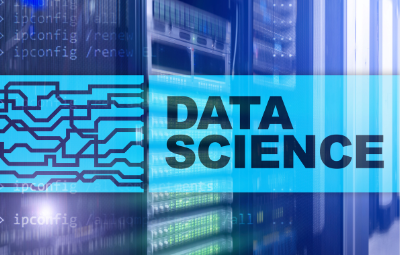Where shall I begin with Data Science? This is one of the most frequently asked questions that we have seen on Facebook groups and other forums.
Features
Table of Contents
Description
Where shall I begin with Data Science? This is one of the most frequently asked questions that we have seen on Facebook groups and other forums.
Description
The comments pour in, like starting with Python or R programming courses, taking some data science courses, a program in data science or a data analysis training program, Udemy, Coursera etc. We are not saying that these answers are absolutely wrong or that they are trying to promote something over the other, but while answering the question, they tend to skip the most important factor. That is paying attention to the student’s background. In general, these responses position the power of Data Science as a programming or algorithmic field.
Not only this, but we have also observed questions based on visualization and modeling results produced with Python or R to apply data science techniques. Many of which tend to show a missing basic understanding of statistics. It is very important to realize that all these specialization domains, like Data Science, Data Analytics, Data Engineers etc., have the word Data in them. If we go by the definition of Statistics, it states, Statistics is the Heart of all these New Specialization Fields.

Our suggestion for a new learner is to start by learning statistics and building a sound knowledge of it. You can take such courses with any eLearning school or from qualified instructors with a background in Statistics. Some of the topics you will learn are:
- Statistics, data and statistical thinking
- Types of data for all
- Basic notions of samples and populations
- Methods for describing quantitative data and qualitative data
- Counting techniques (Permutations and Combinations)
- Probability
- Discrete Random variables
- Continuous random variables (Normal distribution)
- Sampling Distributions
- Inferences based on a single sample (Confidence intervals and tests of hypotheses)
- Inferences based on two samples
- ANOVA (Analysis of Variance)
- Correlations and Simple Linear Regression
- Multiple regression
- Basic categorical data analysis
It is also recommended to have some basic math skills such as algebra, calculus and linear algebra.
This basic statistics course will provide you with the right foundation to start learning other Machine Learning topics and data engineering. It is also recommended to have some basic math skills such as algebra, calculus and linear algebra.
After taking the statistics course, the next course you can choose is SQL and Spark SQL. You will require strong SQL skills in order to extract and analyze large datasets and apply data science for all assessments. Python and R are needed programming languages. You can start with Python first. Over time, there could be some cases where you need to learn R because it’s a complete statistical programming language.
We hope our blog answers your question. If you like our blog, please don’t forget to share this!
Published with permission from our partner, Perfect e-learning.
Explore Data Science Courses to start your learning journey with the help of a wide range of leading certifications.
Sign Up Now
To Make Faster & Better Learning Decisions
Search and compare from over 50K top courses from leading partners & institutes
Get comprehensive ranking, analysis of top courses, and Institutes
Get career and learning advice from top professionals & industry experts